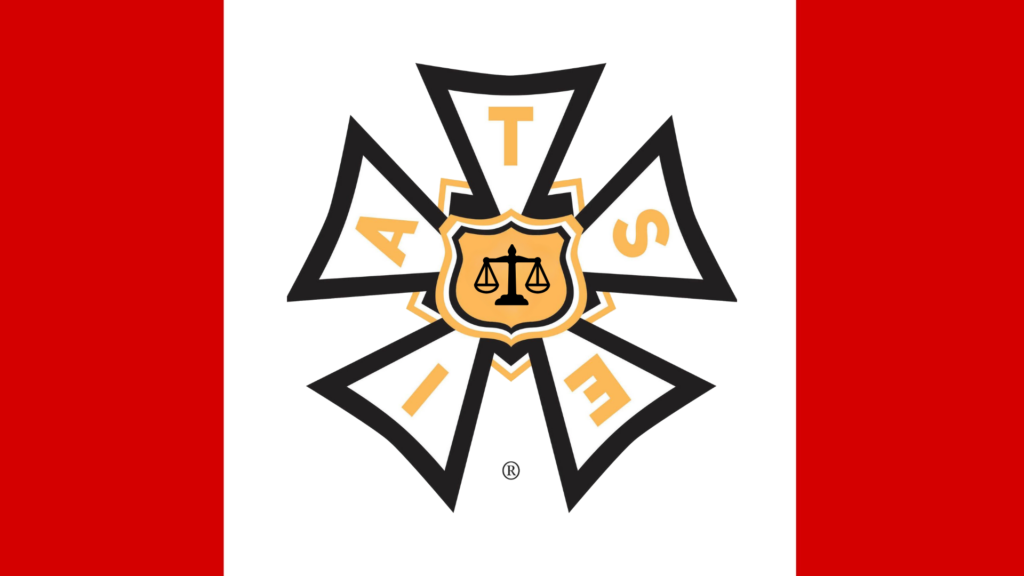- May 12, 2021
- Non-IA Decisions of Interest
Background
Wal‑Mart opened its Jonquière establishment in 2001. In August 2004, the Commission des relations du travail certified United Food and Commercial Workers, Local 503 (“the Union”) as the bargaining agent for the employees working at the establishment. In the months that followed, Wal‑Mart and the Union met several times to negotiate the terms of a first collective agreement. These meetings proved to be unsuccessful, and on February 2, 2005, the Union applied to the Minister of Labour to appoint an arbitrator to settle the dispute that remained between the parties. One week later, Wal‑Mart informed the Minister of Employment and Social Solidarity that it intended to end the contracts of employment of all the approximately 200 employees who worked in that location “for business reasons” on May 6 of that year. After breaking the news to its employees, the business actually closed its doors earlier than planned, on April 29, 2005. Believing that the decision was based on anti‑union considerations, the employees and their union brought a series of proceedings against their former employer.
On March 23, 2005, the Union submitted the grievance at issue in this appeal. It alleged that the dismissal of the employees constituted a change in their conditions of employment that violated s. 59 of the Labour Code (“Code”), which provides that, from the filing of a petition for certification, an employer may not change its employees’ conditions of employment while the collective agreement is being negotiated without the written consent of the certified association. Since Wal‑Mart had not proved that its decision to dismiss was made in the ordinary course of its business, the arbitrator concluded that the resiliation of the contracts of employment of all the employees constituted a unilateral change that was prohibited by s. 59. His award was affirmed by the Superior Court, but overturned by the Court of Appeal. The judges of the Court of Appeal, although divided on how broadly s. 59 should be construed, agreed that the section did not apply in the circumstances of the case before them.
Decision
The Supreme Court allowed the Appeal and remitted the issue back to the Arbitrator for remedy. In doing so, the Supreme Court held that the true function of s. 59 of the Code is to foster the exercise of the right of association. Its purpose in circumscribing the employer’s powers is not merely to strike a balance or maintain the status quo during the negotiation of a collective agreement, but is more precisely to facilitate certification and ensure that the parties bargain in good faith. The “freeze” on conditions of employment codified by s. 59 limits any influence the employer might have on the association‑forming process, eases the concerns of employees who actively exercise their rights, and facilitates the development of what will eventually become the labour relations framework for the business.
The Supreme Court further commented that since s. 59 is not directly concerned with the punishment of anti‑union conduct, the prohibition for which it provides will apply regardless of whether it is proven that the employer’s decision was motivated by anti‑union animus. It is the union representing the employees that must prove that a unilateral change in working conditions has been made for the purposes of s. 59. To discharge this burden, the union must show: (1) that a condition of employment existed on the day the petition for certification was filed or a previous collective agreement expired; (2) that the condition was changed without its consent; and (3) that the change was made during the prohibition period. The “condition of employment” concept is a flexible one that encompasses anything having to do with the employment relationship on either an individual or a collective level. The right to maintenance of the employment relationship is the basis for a condition of employment for employees, although that condition is nevertheless subject to the employer’s exercise of its management power. Unlike s. 17 of the Code, s. 59 does not create a presumption of change or automatically reverse the burden of proof. The union must adduce sufficient evidence to prove that the alleged change is inconsistent with the employer’s normal management practices. As a result, if the union submits evidence from which the arbitrator can infer that a specific change does not seem to be consistent with the employer’s normal management practices, a failure by the employer to adduce evidence to the contrary is likely to have an adverse effect on its case. A change can be found to be consistent with the employer’s “normal management policy” if (1) it is consistent with the employer’s past management practices or, failing that, (2) it is consistent with the decision that a reasonable employer would have made in the same circumstances. The arbitrator must be satisfied that those circumstances exist and that they are genuine.
In the case of a complaint under s. 59, s. 100.12 of the Code and art. 1590 of the Civil Code of Québec confer broad remedial powers on the arbitrator. An arbitrator can order reparation in kind, but where the circumstances do not lend themselves to such a remedy, he or she can order reparation by equivalence. The latter remedy will be appropriate where the employer goes out of business either in part or completely, at least insofar as it is impossible to reinstate the employees dismissed in contravention of s. 59. Unlike s. 15 of the Code, s. 59 contains no word or language that would support a conclusion that its applicability depends on the existence of an active business or, more simply, of a possibility of reinstatement.
An arbitrator, who is required by law to decide any complaint based on s. 59 of the Code, has considerable discretion in doing so that the ordinary courts must respect. Deference is in order, and judicial review will be available only if the award was unreasonable. In this case, the arbitrator’s award is clearly one of the possible, acceptable outcomes which are defensible in respect of the facts and law. The arbitrator was right to decide that invoking the closure of the Jonquière establishment did not on its own suffice to justify the change for the purposes of s. 59. He did not place an inappropriate burden of proof on the employer. His statement that Wal‑Mart had not shown the closure to have been made in the ordinary course of the company’s business was grounded in his view that the Union had already presented sufficient evidence to satisfy him that the change was not consistent with the employer’s past management practices or with those of a reasonable employer in the same circumstances. It was in fact reasonable to find that a reasonable employer would not close an establishment that “was performing very well” and whose “objectives were being met” to such an extent that bonuses were being promised. These inferences of fact, which Wal‑Mart did not challenge, led the arbitrator to hold that the resiliation of the contracts of employment and, therefore, the change in the conditions of employment of all the establishment’s employees violated s. 59. This conclusion was reasonable in light of the facts and the law.








